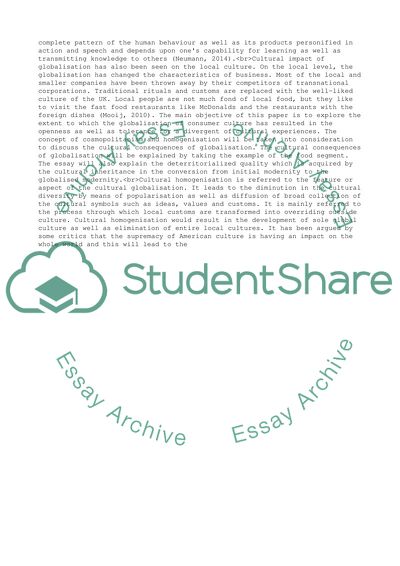Cite this document
(CONSUMER CULTURE: GLOBALISATION, MATERIALISM & RESISTANCE Essay - 1, n.d.)
CONSUMER CULTURE: GLOBALISATION, MATERIALISM & RESISTANCE Essay - 1. https://studentshare.org/management/1875167-consumer-culture-globalisation-materialism-resistance
CONSUMER CULTURE: GLOBALISATION, MATERIALISM & RESISTANCE Essay - 1. https://studentshare.org/management/1875167-consumer-culture-globalisation-materialism-resistance
(CONSUMER CULTURE: GLOBALISATION, MATERIALISM & RESISTANCE Essay - 1)
CONSUMER CULTURE: GLOBALISATION, MATERIALISM & RESISTANCE Essay - 1. https://studentshare.org/management/1875167-consumer-culture-globalisation-materialism-resistance.
CONSUMER CULTURE: GLOBALISATION, MATERIALISM & RESISTANCE Essay - 1. https://studentshare.org/management/1875167-consumer-culture-globalisation-materialism-resistance.
“CONSUMER CULTURE: GLOBALISATION, MATERIALISM & RESISTANCE Essay - 1”. https://studentshare.org/management/1875167-consumer-culture-globalisation-materialism-resistance.


